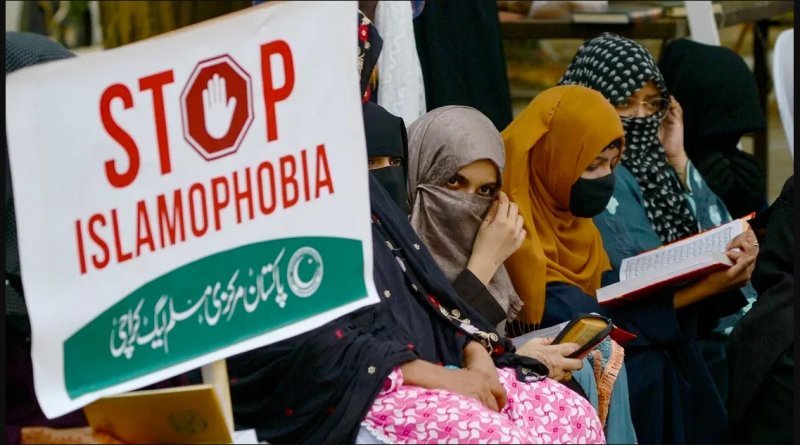In response to the ‘Islamophobic’ Quran burning, Muslim states demand action
Ministers from Indonesia, Saudi Arabia, and Iran all echoed him in labeling it an act of “Islamophobia.” Retno Marsudi, the foreign minister, remarked, “Stop abusing freedom of expression. Silence equates to collaboration.
As the UN rights group debated a contentious motion in the wake of a Quran burning in Sweden, Muslim nations including Iran and Pakistan called for justice and stated that desecration of the Quran amounted to promoting religious intolerance.
In the motion, which Pakistan filed in response to the incident from last month, states are urged to review their legal frameworks and close any legal loopholes that could “impede the prevention and prosecution of acts and advocacy of religious hatred.”
The argument exposed divisions in the UN Human Rights Council between members from the Organization of Islamic Cooperation (OIC) and Western nations who were worried about the motion’s effects on free expression and the threats it posed to established norms for the defense of human rights.
The burning of the Koran outside a Stockholm mosque by an Iraqi immigrant last month sparked riots in numerous Pakistani cities as well as fury throughout the Muslim world.
In a video address to the Geneva council, Pakistan’s foreign minister Bilawal Bhutto-Zardari said, “We must see this clearly for what it is: incitement to religious hatred, discrimination, and attempts to provoke violence.” He said that such actions were carried out with “government sanction and with the sense of impunity.”
Ministers from Indonesia, Saudi Arabia, and Iran all echoed him in labeling it an act of “Islamophobia.” Retno Marsudi, the foreign minister, remarked, “Stop abusing freedom of expression. Silence equates to collaboration.
The burning was deemed a “dreadful provocation” by Katharina Stasch, ambassador for Germany, who also denounced it. However, she continued, “Freedom of speech also sometimes means tolerating opinions that may seem almost unbearable.” Defending individuals, not religions and their symbols, was the goal of human rights, according to France’s envoy.
Diplomats predict a vote after saying that Tuesday’s heated discussions had failed to produce a breakthrough. Since 19 of the 47 members of the organization are OIC nations, and China and other members support them, such a vote would almost probably pass.
Volker Turk, the UN human rights chief, told the council that inciting violence against Muslims or other ethnicities or religions is “offensive, irresponsible, and wrong.”



